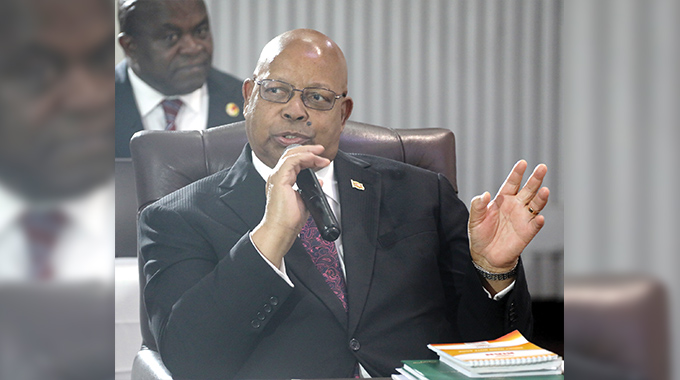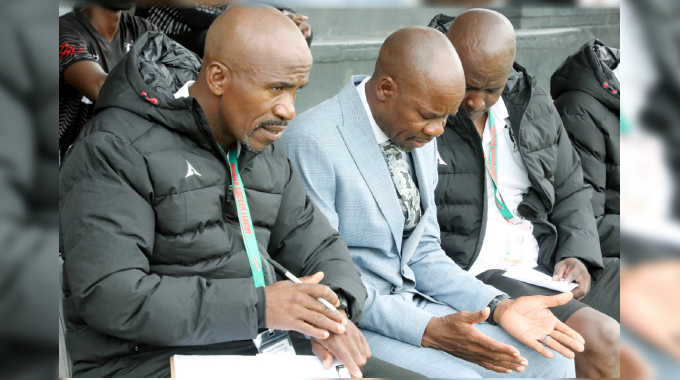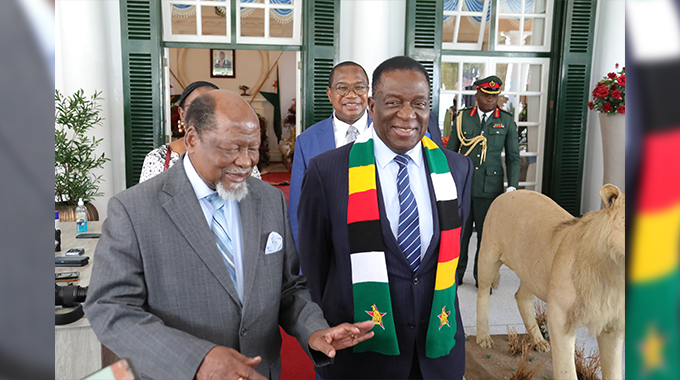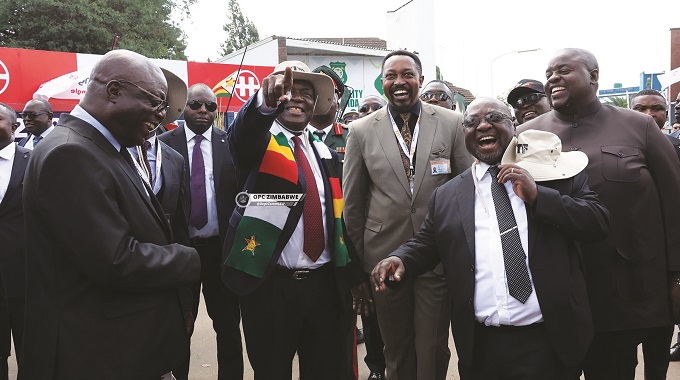WATCH: Uhuru gave black majority a voice — Advocate Mudenda

Nqobile Tshili, [email protected]
THE attainment of independence in 1980 ushered in extensive transformation of Zimbabwe’s Parliament into a platform for representing the views of the black majority, who were deliberately sidelined by the colonial settler government.
Before independence, only 15 black people were selected to be Members of Parliament (MPs) as a token to pacify indigenous people by the colonial regime that sought to protect its biased interest.
After the protracted struggle that culminated in majority rule, Zimbabwe became a democratic state, allowing a one man one vote system, which the white colonialists denied the black majority.

To date, the country has 280 legislators with the majority of them being black, inclusive of women, the youth and the disabled.
As the country gears to celebrate the 44th Independence Anniversary on April 18, Speaker of Parliament Advocate Jacob Mudenda says Uhuru gave the black majority a dominant voice in Parliament.
“Our independence marks a very important milestone in terms of the level of representation in Parliament by the black majority,” he told Chronicle in an interview.
“That is the greatest bonus of our independence and if we didn’t have our independence we still would be outside in the processes of Parliament and independence.
“Before independence, you could only speak of the domination by white members of Parliament. It was a white Parliament with what I may call a token of representation of members selected, then 15 black people in Parliament, who did not pervasively represent the aspirations of black people,” said Adv Mudenda.
He said in an independent Zimbabwe, the black majority can participate in Parliamentary processes, especially through their elected representatives. Unlike during the colonial era where property rights were used to disenfranchise the blacks participating in electoral processes, today’s Parliament embodies freedom of speech and expression for all.
“MPs are elected by the people and under that representation role they bring to Parliament the aspirations of the people for debate either through motions, questions, oral questions or written questions and have to report back to the people on what has taken place in Parliament,” said Adv Mudenda.
He said through beaming Parliamentary debates on television and publishing them on their website and on social media, Parliament wants the public to be fully engaged in the law-making processes.
The Speaker of Parliament said he was impressed with the level of debate among the Parliamentarians, which shows a level of research and comprehension of issues, particularly with the members of the current 10th Parliament.
Adv Mudenda said through the proportional representation system, the country has seen previously marginalised groups, particularly women and youth, being included in leadership positions.
“We are happy that the President in the Second Republic, Dr ED Mnangagwa, has insisted that development must not leave anyone behind. This has seen the amendment of the constitution Amendment Number 1 and Amendment Number 2, which has validated the presence of 60 MPs on Proportional Election up until 2033 and then introduction of 30 percent women in local authorities, as well as having 10 youths in the National Assembly, one from each of the provinces,” said Adv Mudenda.

“To that extent, Parliamentary processes have been very inclusive and it is my hope that this scenario will help the Parliamentary process in ensuring that no one is left behind and no place is left behind in terms of representation.”
He said in terms of inclusive representation Zimbabwe is now performing better than some European countries as the country has 34 percent of women in Parliament compared to European countries that have an average of 25 percent of women in leadership positions despite them being the majority.
Adv Mudenda said the country should aim for more women in Parliament as has been achieved by Rwanda, which has 60 percent MPs being women.
He described the country’s Parliament as institutionally stronger than how the colonial government had structured it as it had a single committee compared to 19 that are available exercising an oversight role.
Adv Mudenda gave credit to late former Speaker of Parliament, Cyril Ndebele, for leading the transformative journey to make Parliament more effective.
“His investigations with a team of Parliamentary Reform Committee members concluded that without a very strong committee system Parliament will not be effective at all. He then introduced several Portfolio Committees which will play an oversight role, particularly on ministries,” he said.
“He suggested through the reform committee the establishment of thematic committees that will look at the policies of the Government, analyse them and come up with some suggestions as to how best these policies can be implemented for the common good for the people of Zimbabwe.
“It has now emerged that the reforms that the late Dr Ndebele introduced have validated the effect that the committee system is the engine of Parliamentary process. In the sense that the committees are able to dissect certain areas of concern in the Government.”
Adv Mudenda said through the portfolio committees Parliament is now able to effectively fulfil its Constitutional mandate of legislation, representation and oversight.
“To that extent there has been a big difference between the pre-independence parliamentary processes and post-independence parliamentary processes and more so when we came up with the 2013 Constitution, which in fact clearly states that Parliament must do a robust oversight over the State, Government and agencies at every level so that we improve the governance of our country again for the common good of the people,” he said.










Comments